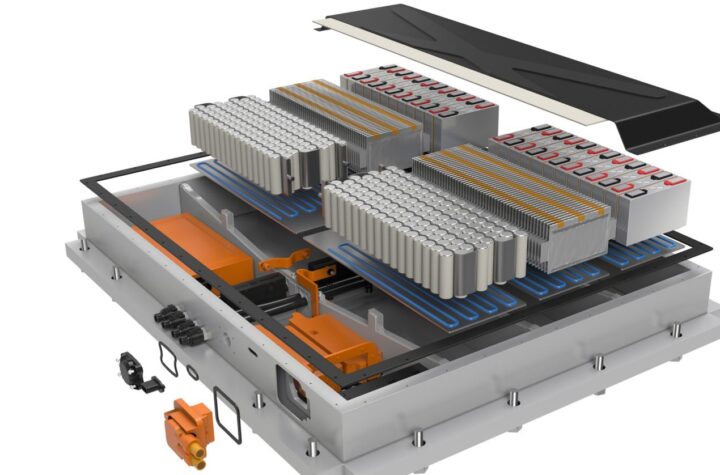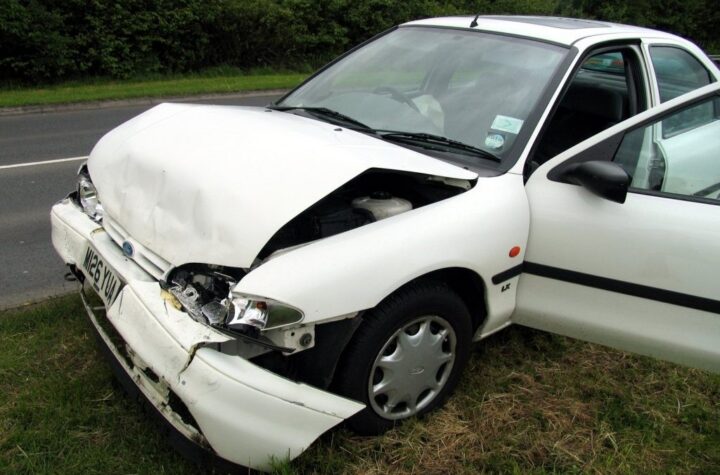
 A few weeks ago the New York City police staged a mid-day raid at several Chinese owned shops on Canal Street known to sell counterfeit designer handbags. They hauled off thousands of fake Gucci, Prada and Louis Vuitton merchandise in front of dozens of would-be customers who know where to buy “luxury” brands at Wal-Mart prices.
A few weeks ago the New York City police staged a mid-day raid at several Chinese owned shops on Canal Street known to sell counterfeit designer handbags. They hauled off thousands of fake Gucci, Prada and Louis Vuitton merchandise in front of dozens of would-be customers who know where to buy “luxury” brands at Wal-Mart prices.
It seems that these raids are held often enough to make the point that authorities are trying, but little is actually accomplished in stemming the tide of fake goods or dissuading buyers that they are abetting law breakers.
Fake watches, handbags and shirts have been a problem for famous designers for years. Counterfeit software, DVDs and compact discs have gotten U.S. government attention but the losses continue to stagger developers. Automotive companies are only beginning to get a taste of China’s penchant for theft of ideas, designs, trademarks and anything else that will generate a sale.
As foreign automotive investment increases in China, local Chinese companies will have easier access to up-to-date technology of parts and components as well as entire cars that they increasingly have the skill to copy. The legal system suggests that foreign companies have little recourse while consumers, be they Chinese or otherwise, care more about the price than they will about the way that goods were developed and brought to market.
Counterfeit auto parts have long been a problem, but poor quality seemed to keep them out of the OE supply chain. Now that can change.
In the past six months, General Motors contemplated suing a local Chinese auto maker for copying a small car design. The counterfeiter happened to be 20 percent owned by Shanghai Auto, GM’s loyal partner. Last month, Toyota had its trademark infringement suit thrown out of court. To most casual observers, the Geely logo looked like the Toyota logo, but the Chinese court thought otherwise. So Geely will be able to market its automobiles using a badge that is deliberately similar to Toyota’s.
Auto parts companies will find themselves in potentially difficult positions after they set up shop in China. If the Chinese can copy an entire car, albeit not with acceptable quality for western standards, they will get closer to that goal with the flood of component company investments.
While this may seem like a great chance to reduce costs, I can also anticipate other problems as local companies replicate their products. Foreign auto companies could themselves be placed in the role of the bargain hunter. Will U.S. auto companies complain if a local Chinese company offers them a copy of a part at a fraction of the price they were paying to the company that did the engineering and design work originally? Or will they act like the ladies on Canal Street simply waiting for the cops to go away so that they could go on with their Christmas shopping? My guess is that price will win and they’ll rationalize their decision on the basis that they had to do it to keep the vehicle costs competitive.
The only way that the parts industry can control its destiny is to be sure that its best technology and the best production methods are not used in China.
With no legal protections, current engineering and designs will be replicated instantly, turning local Chinese companies into low cost competitors. Furthermore, auto parts companies will probably not find much support from their customers if it means they pay more for the parts.
Maryann Keller is a veteran auto industry analyst and author of the books “Rude Awakening: The Rise, Fall and Struggle to Recover at General Motors” and “Collision: GM, Toyota and Volkswagen and the Race to Own the 21st Century.”












More Stories
Your Guide to Filing a Car Accident Claim
Steps to Take Immediately After a Car Accident
What Makes SUV Cars More Prone to Accidents?